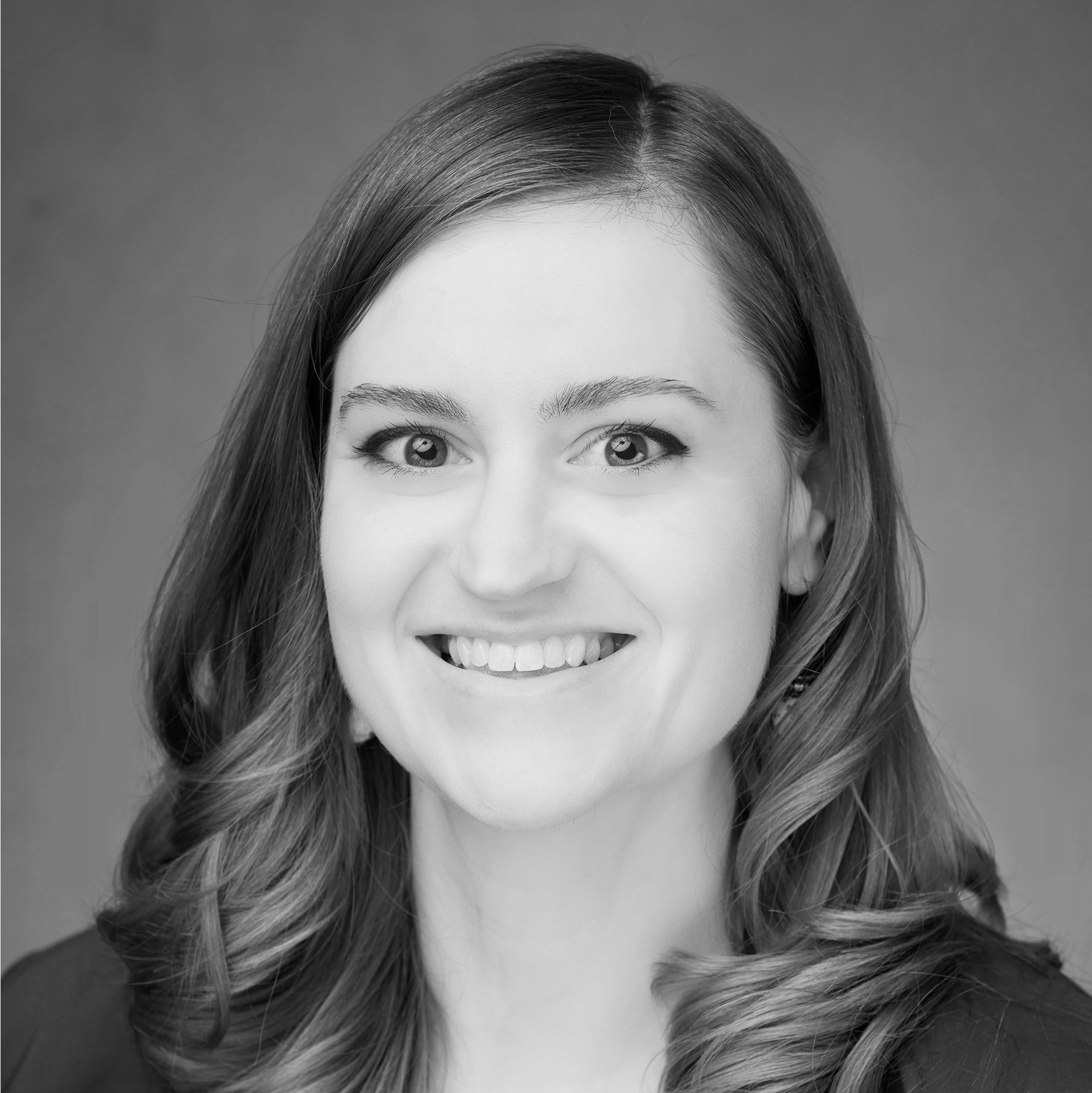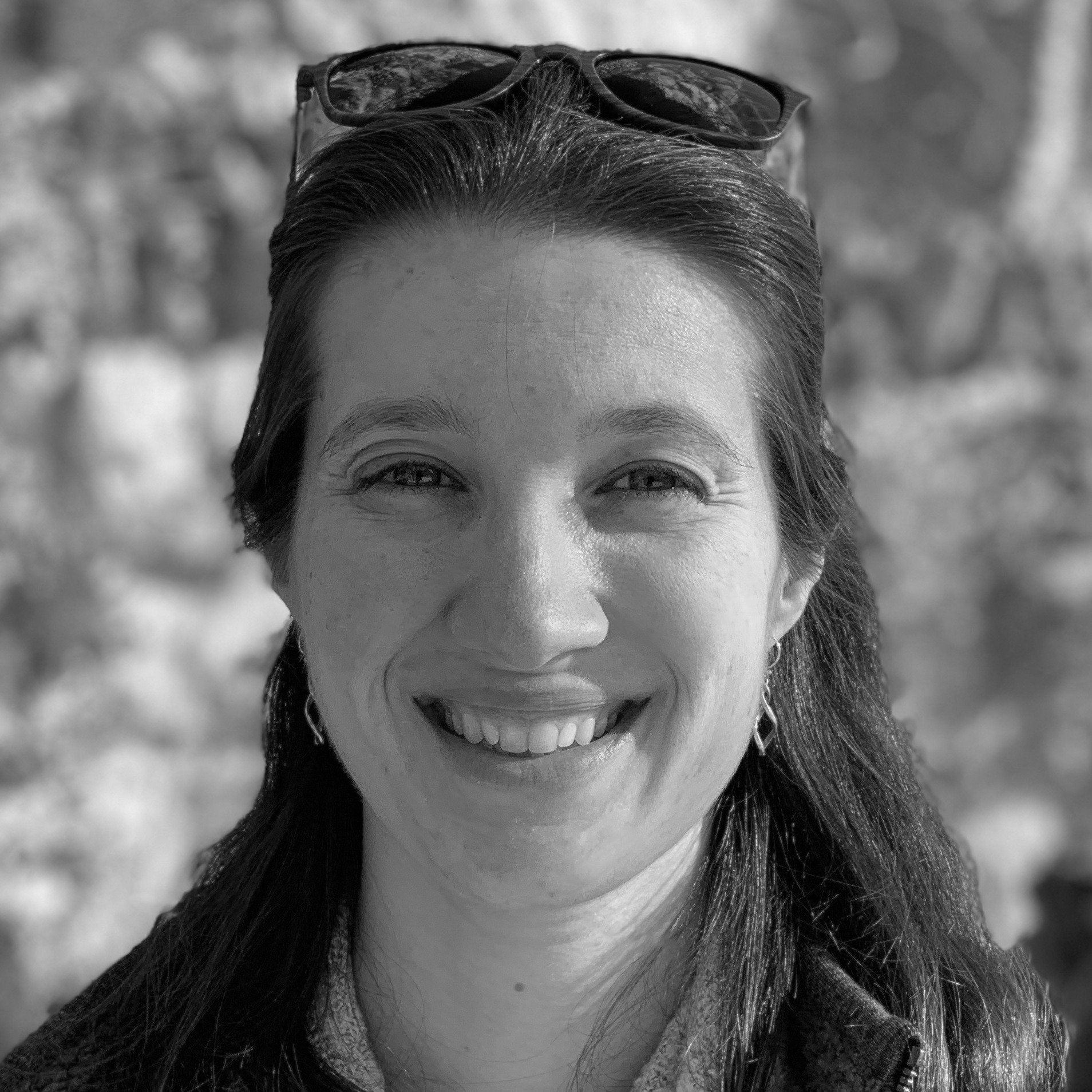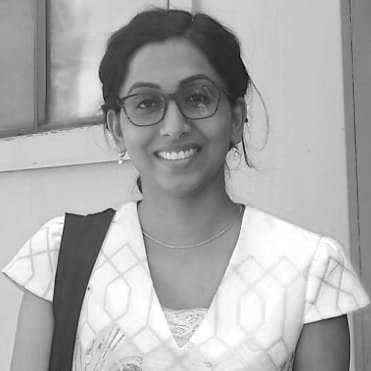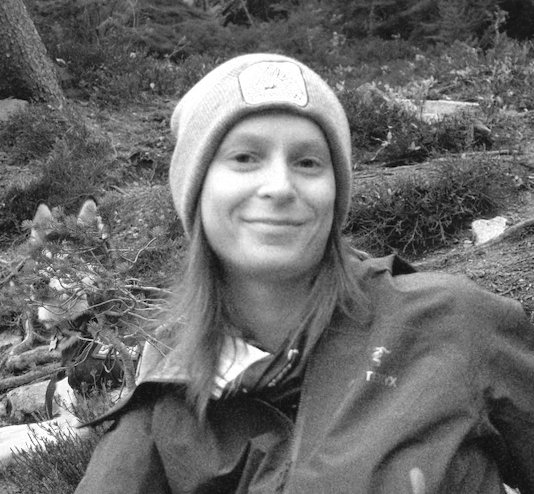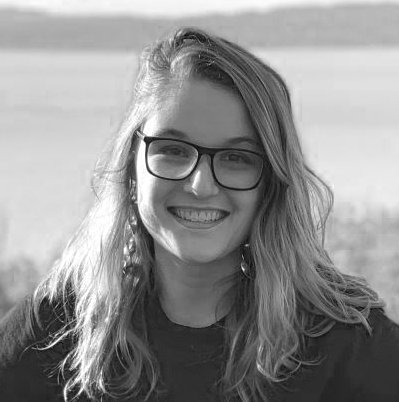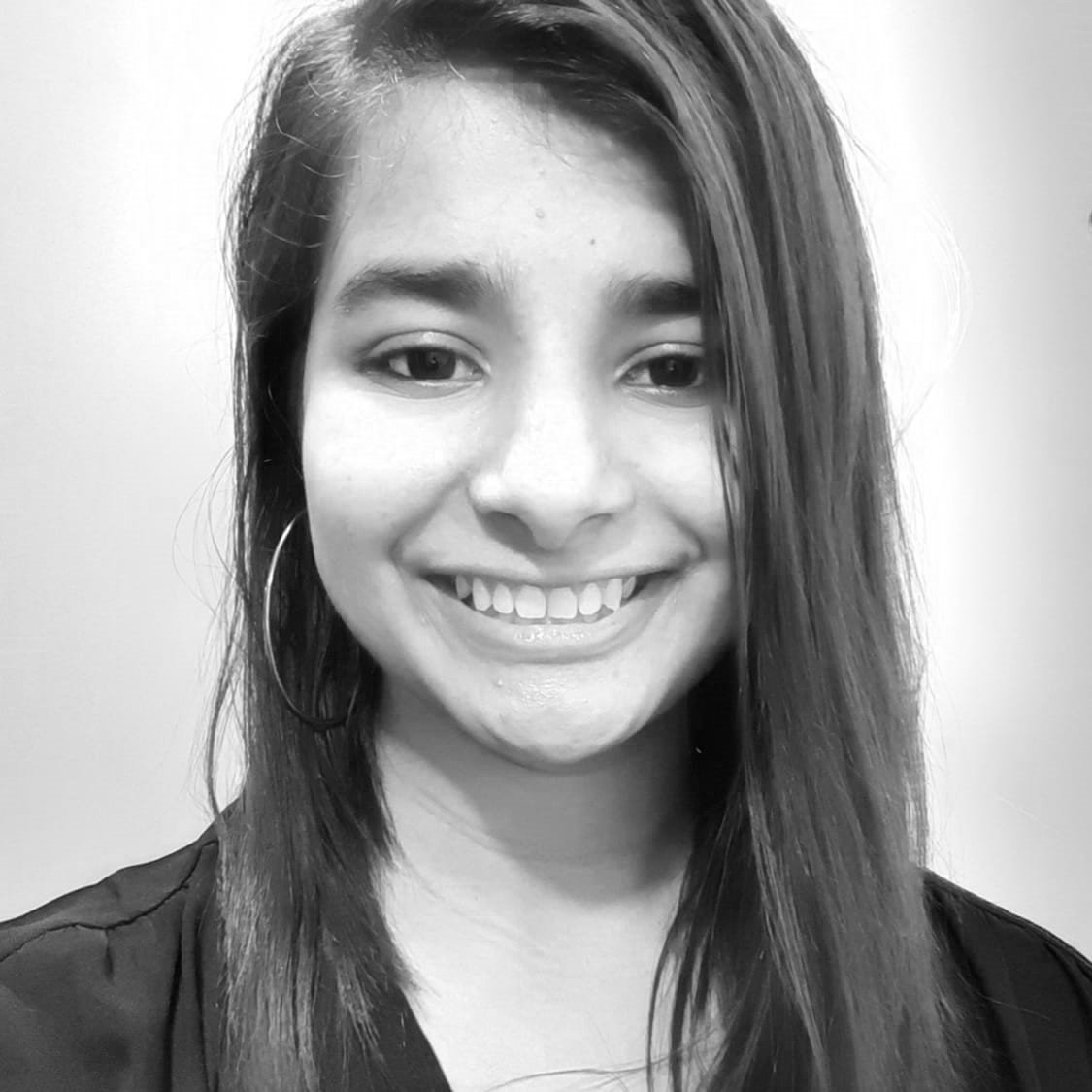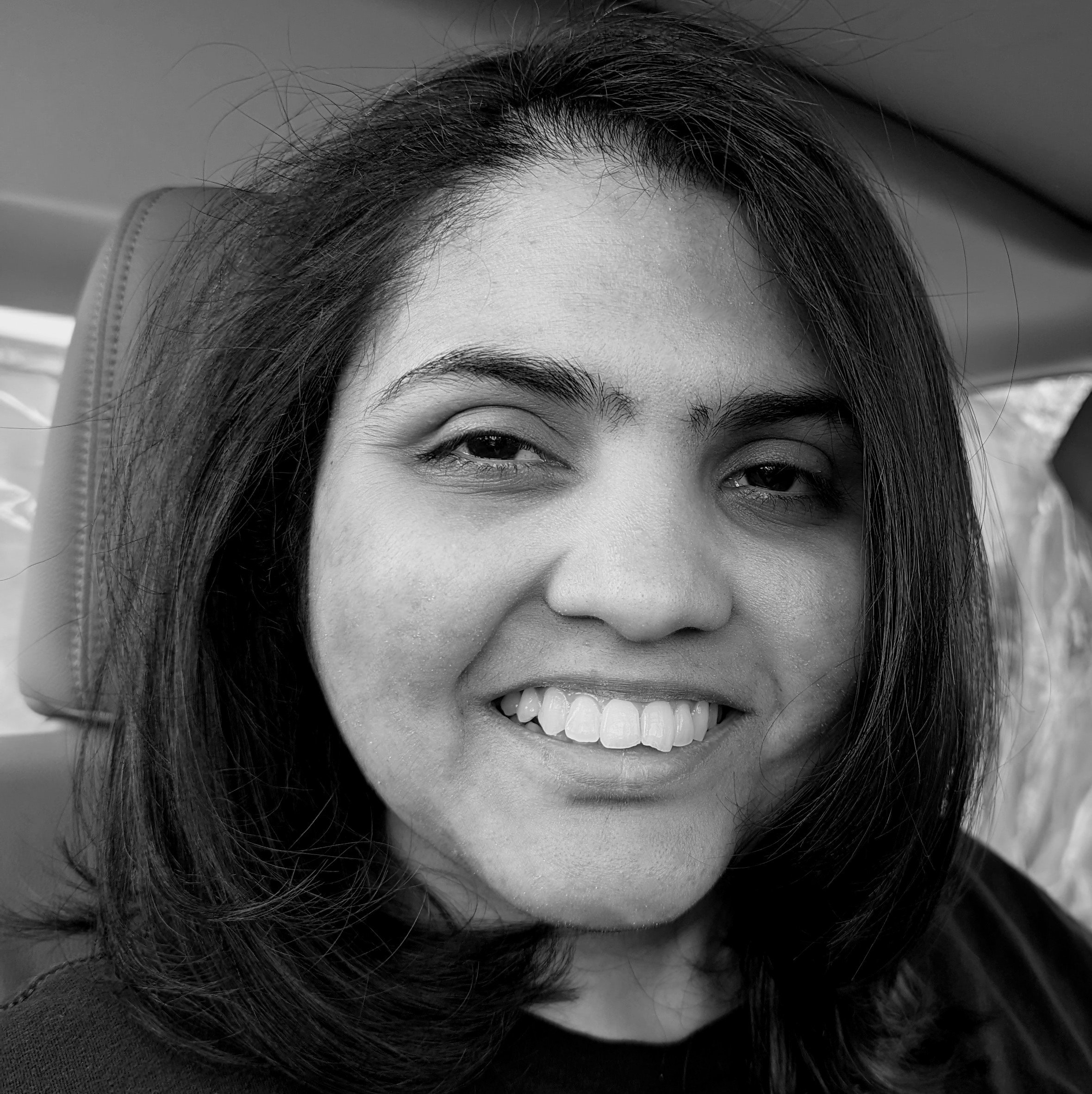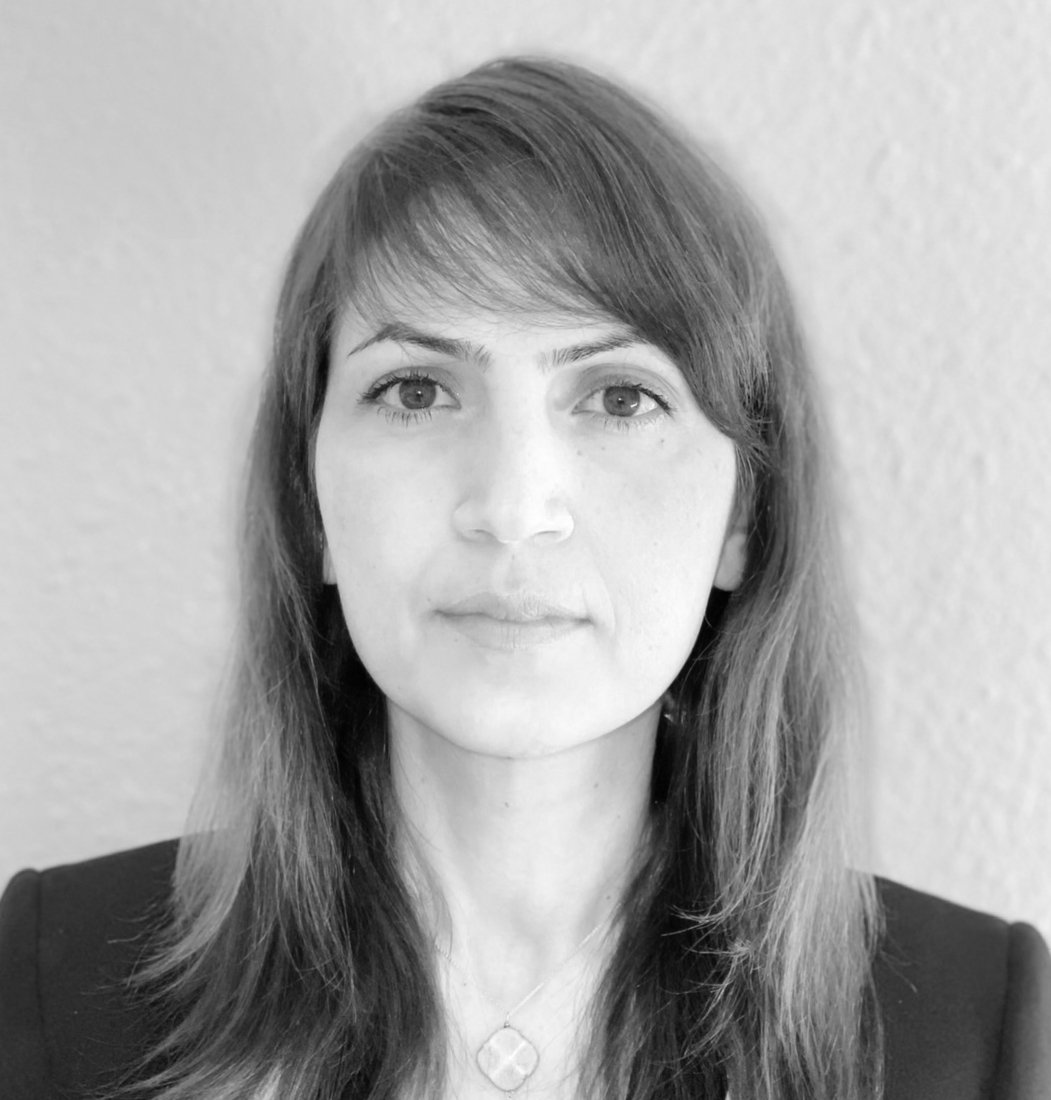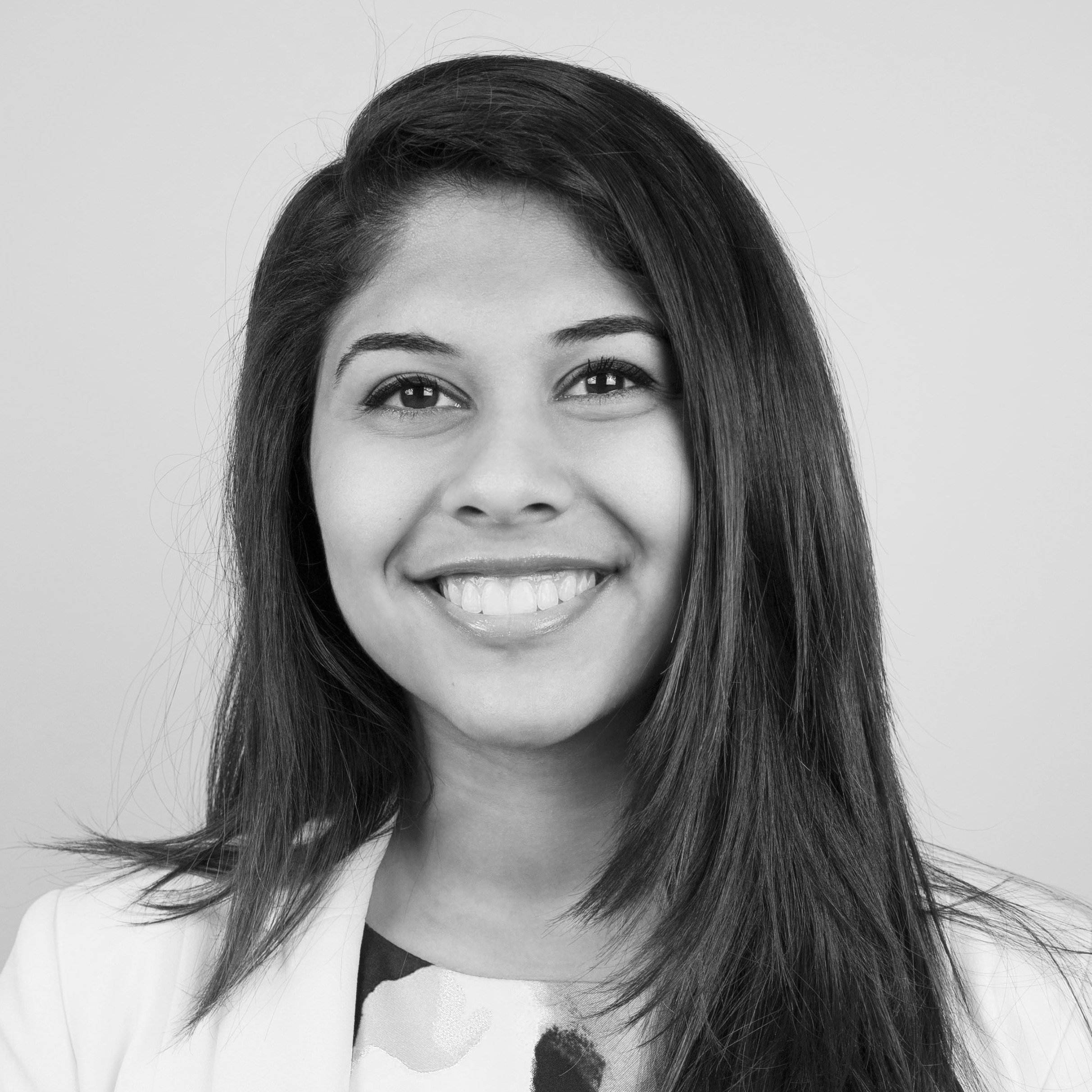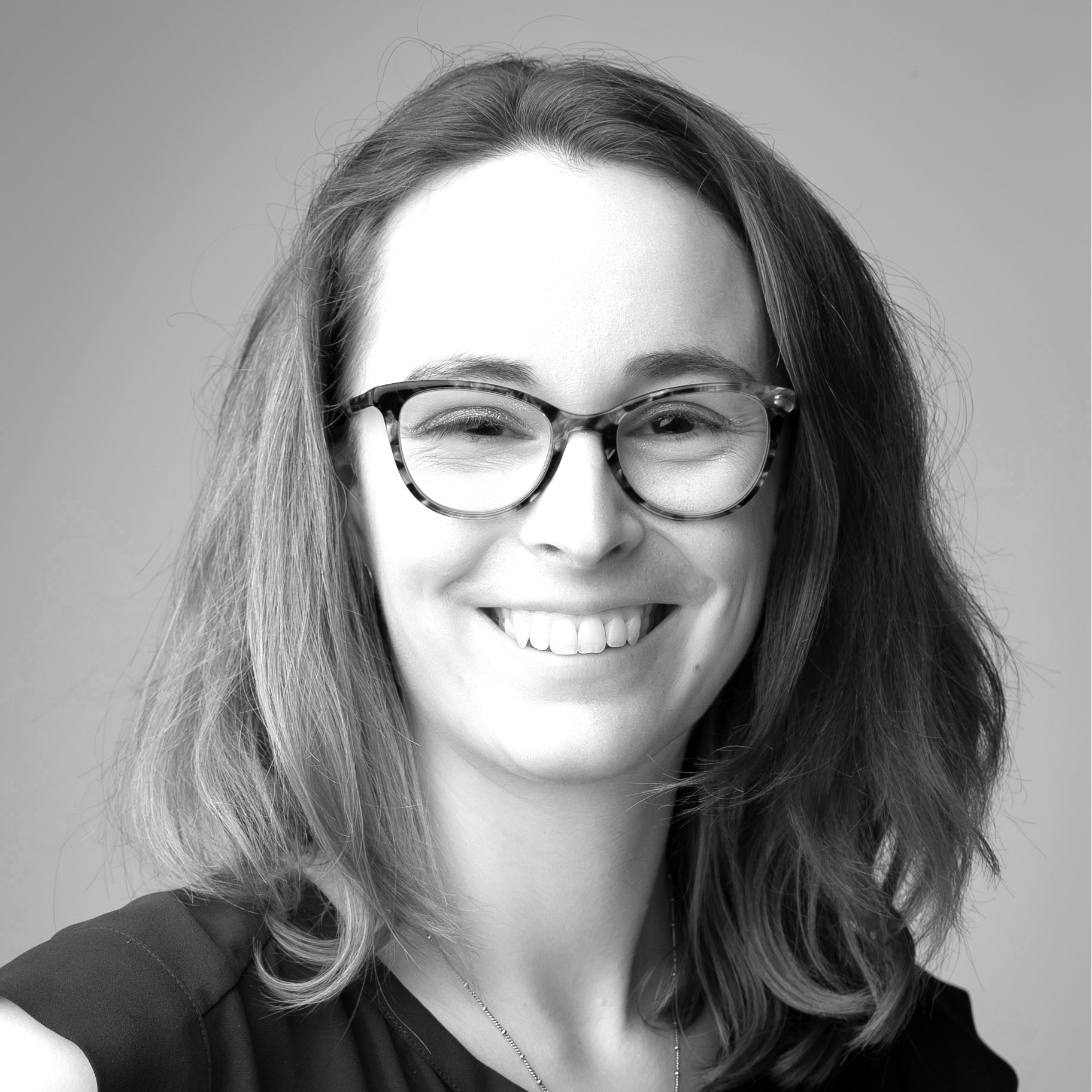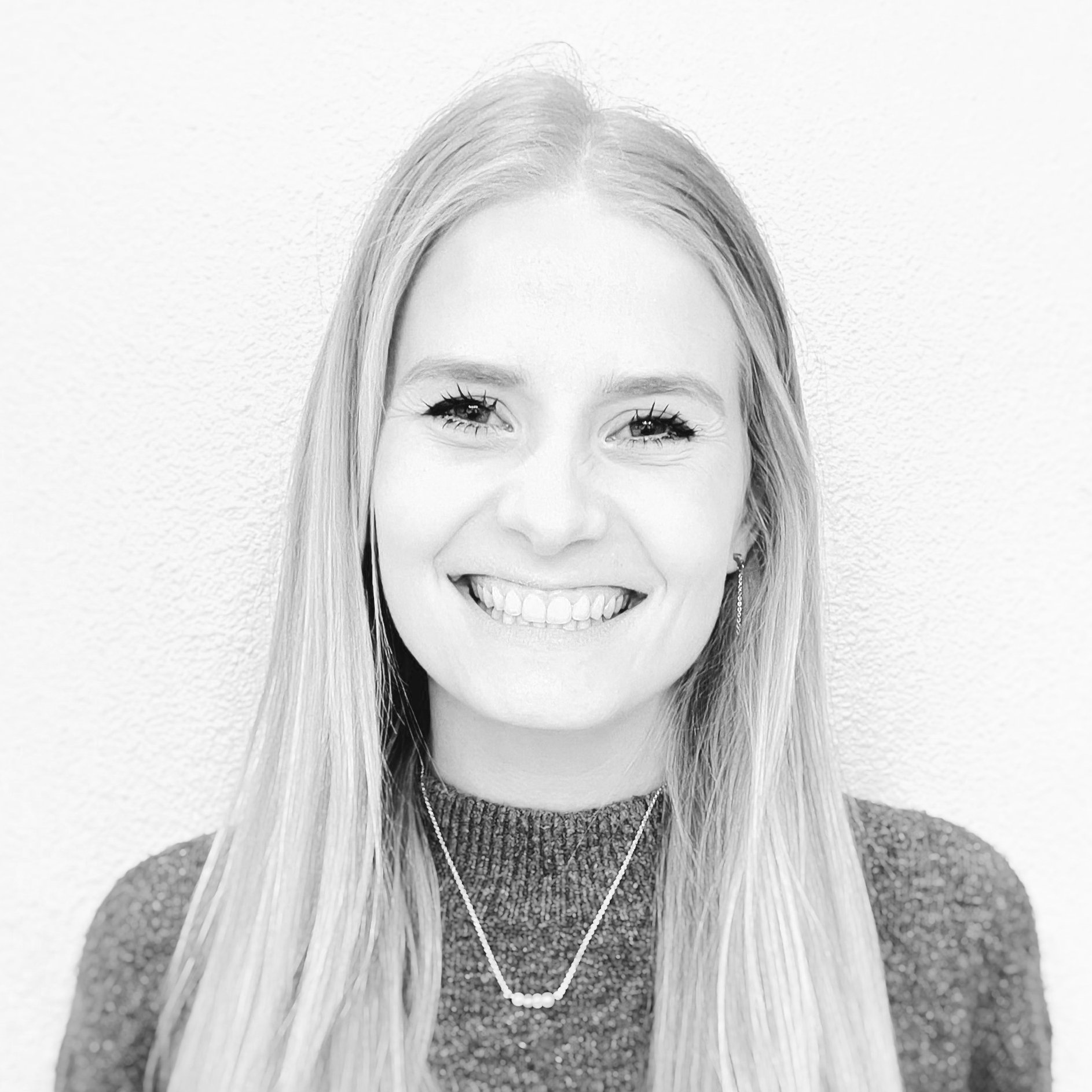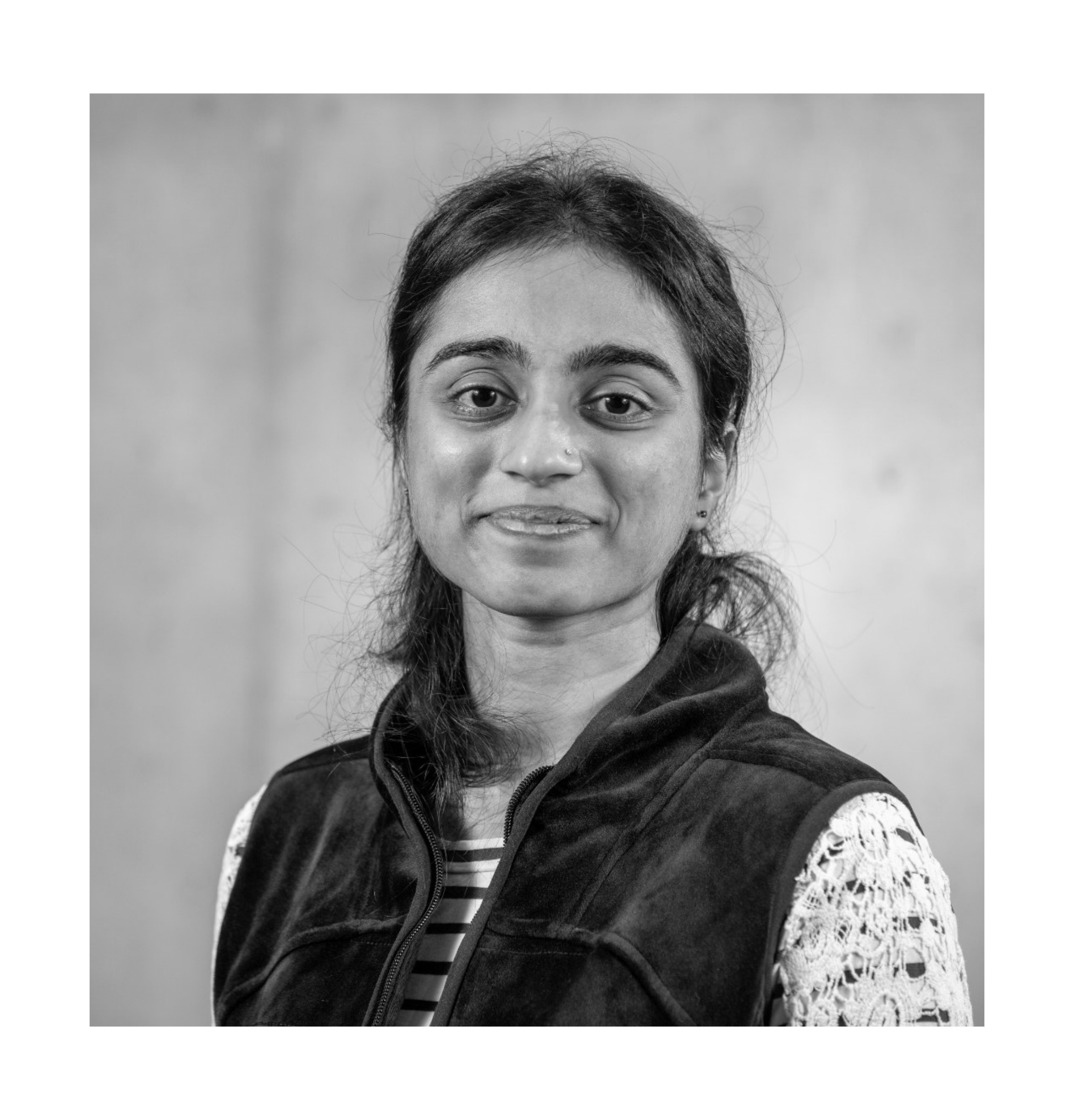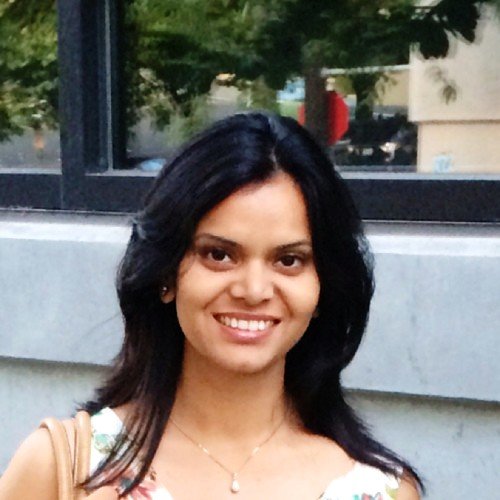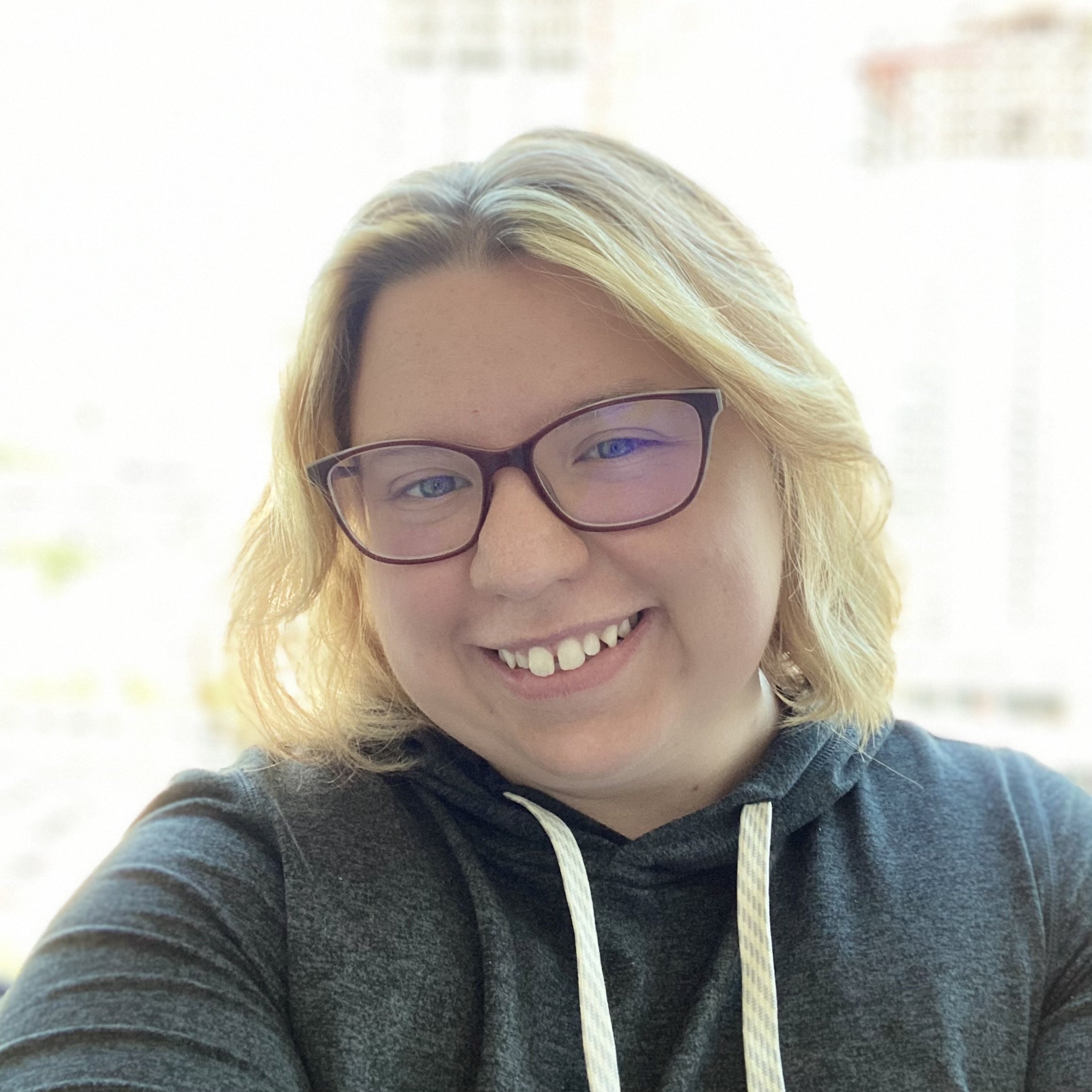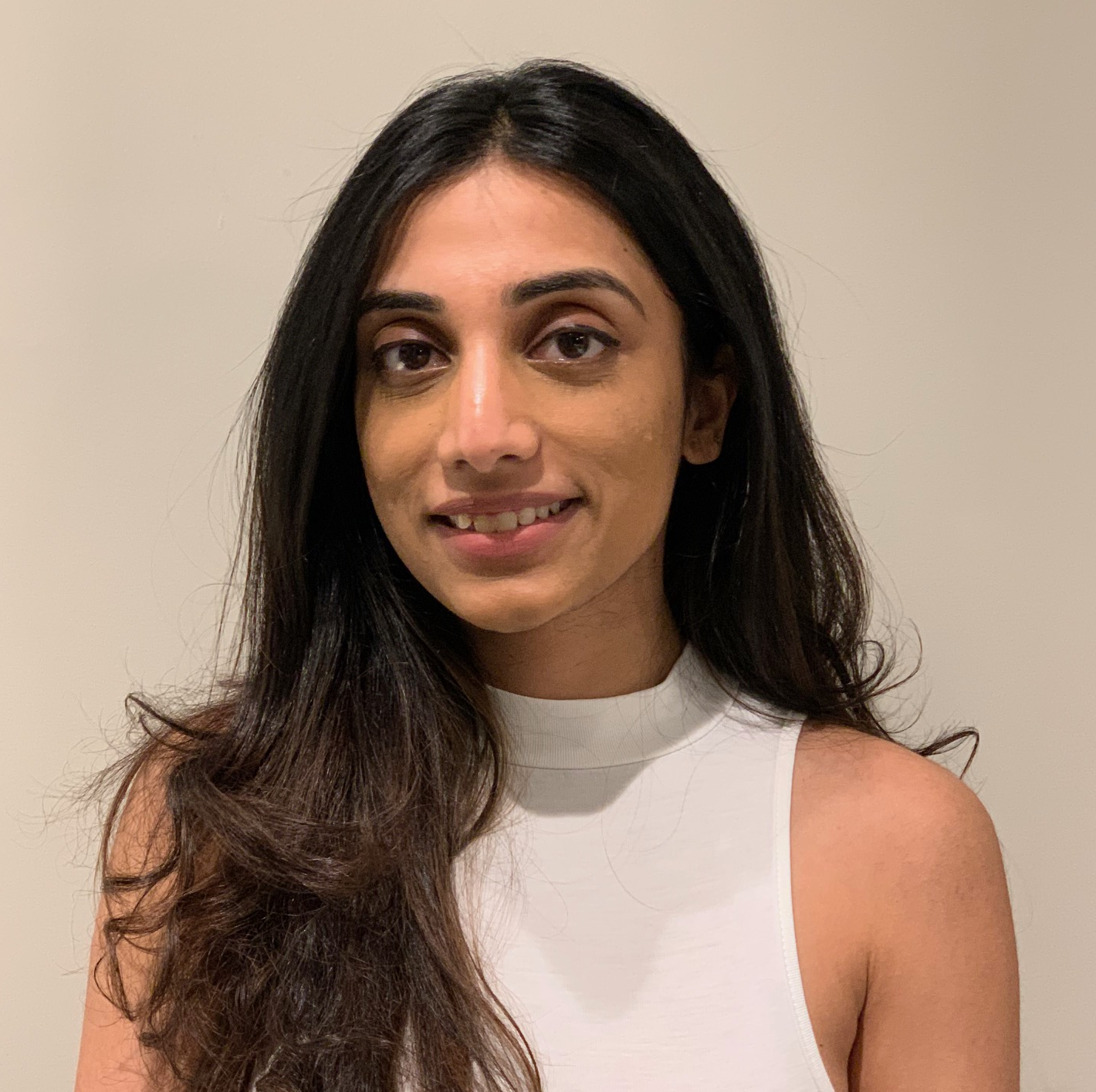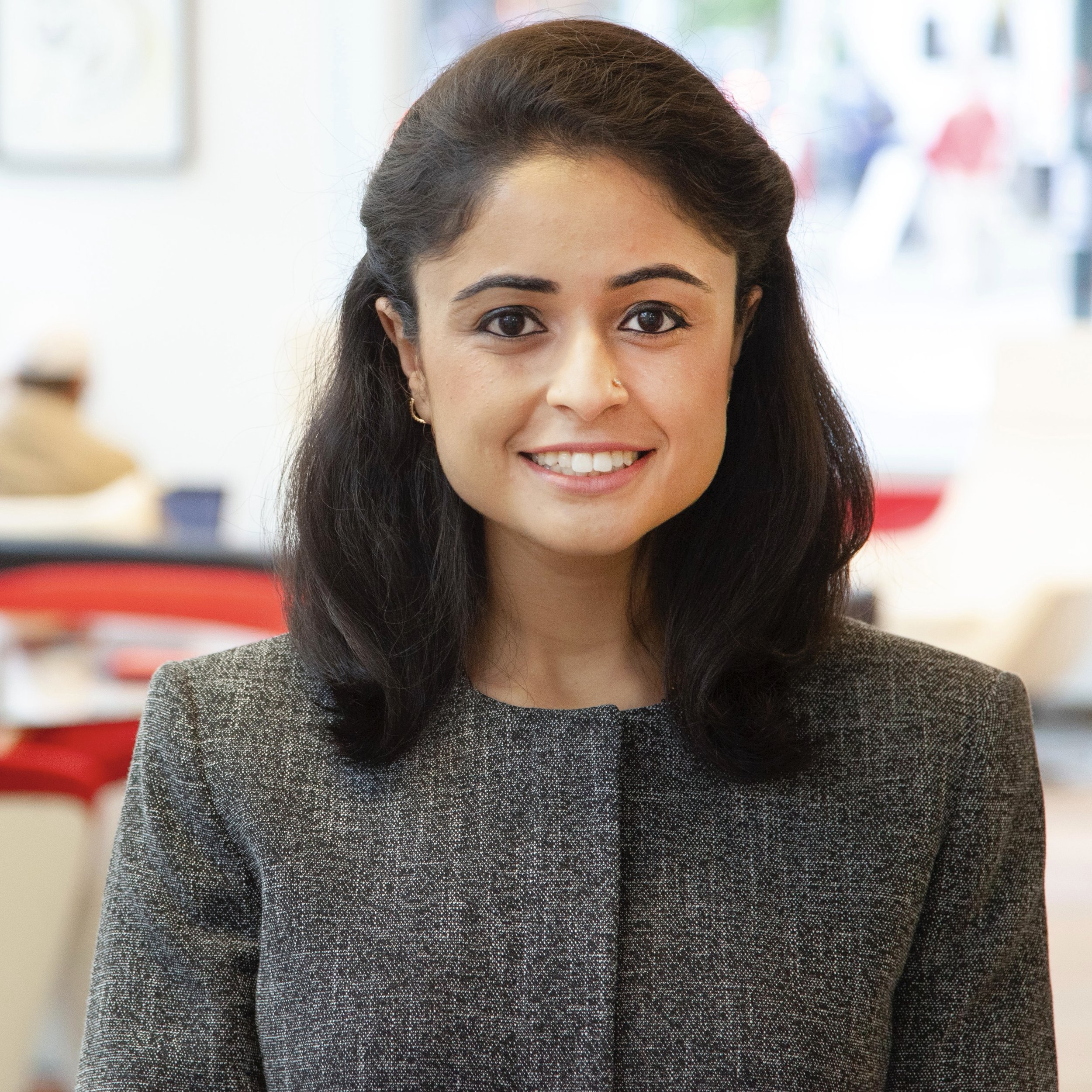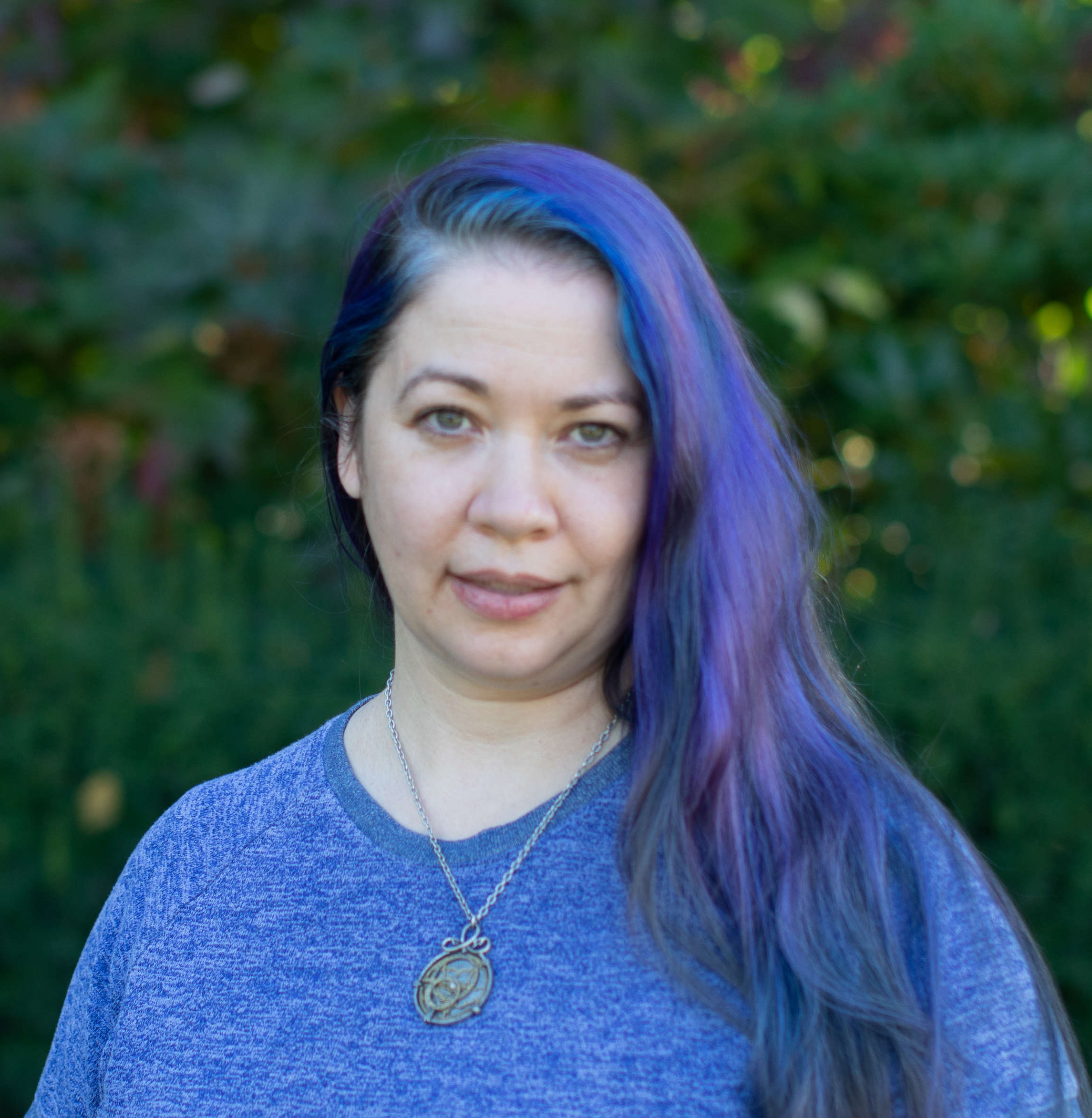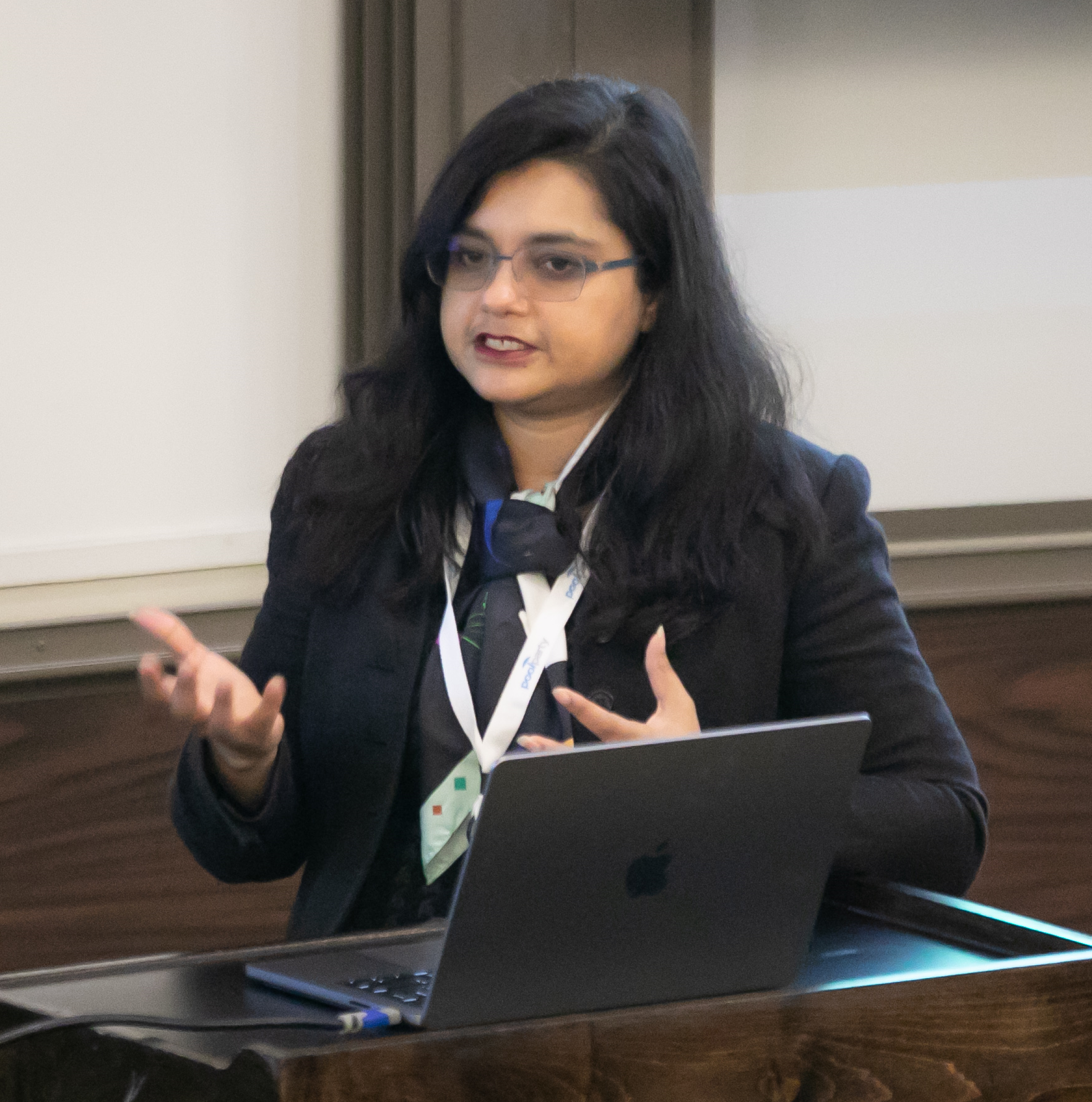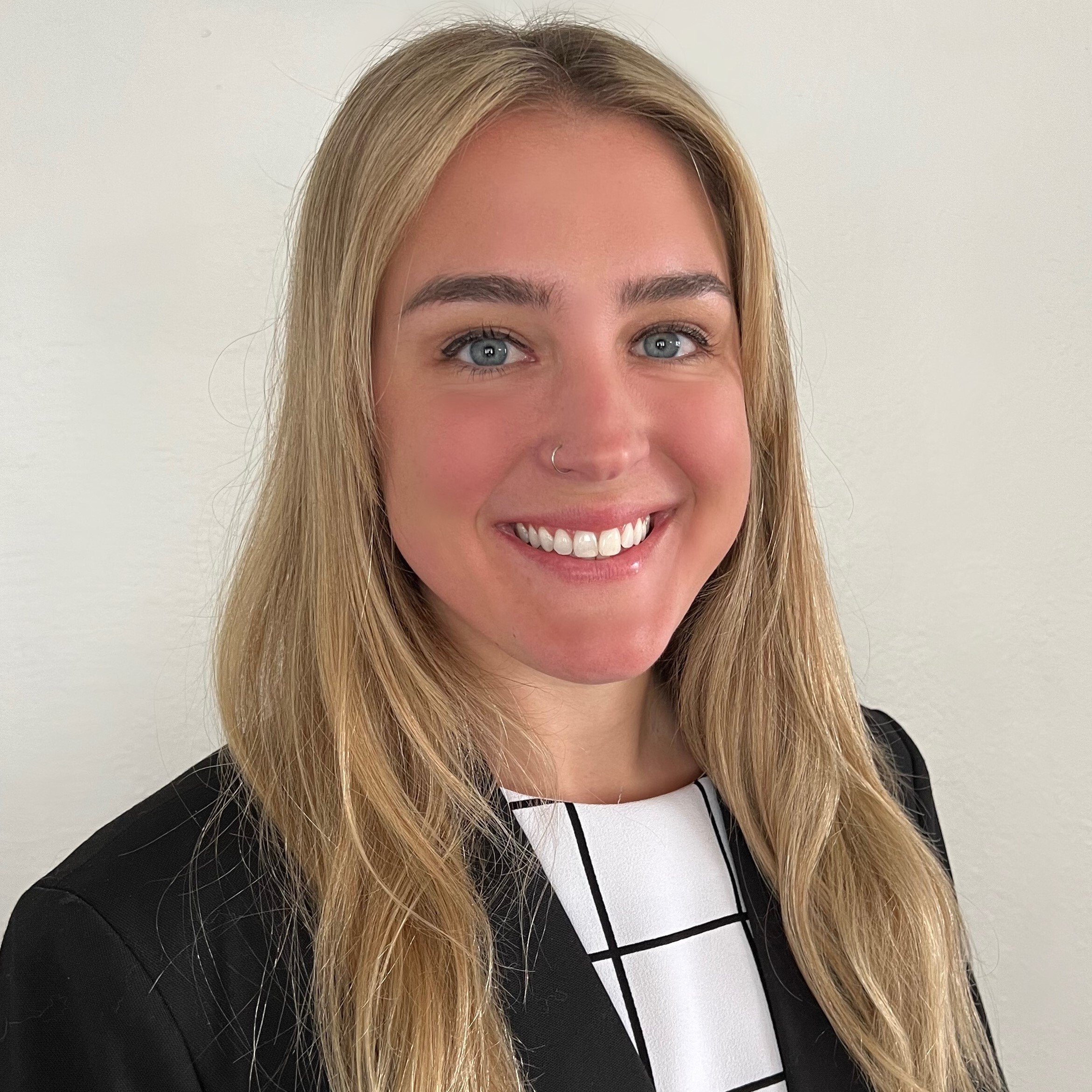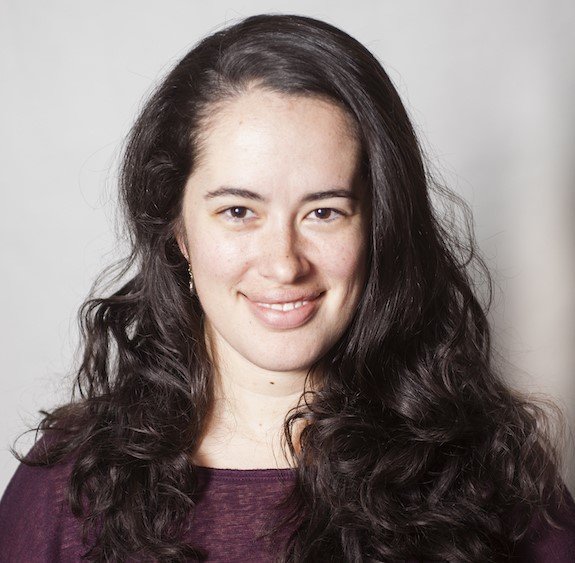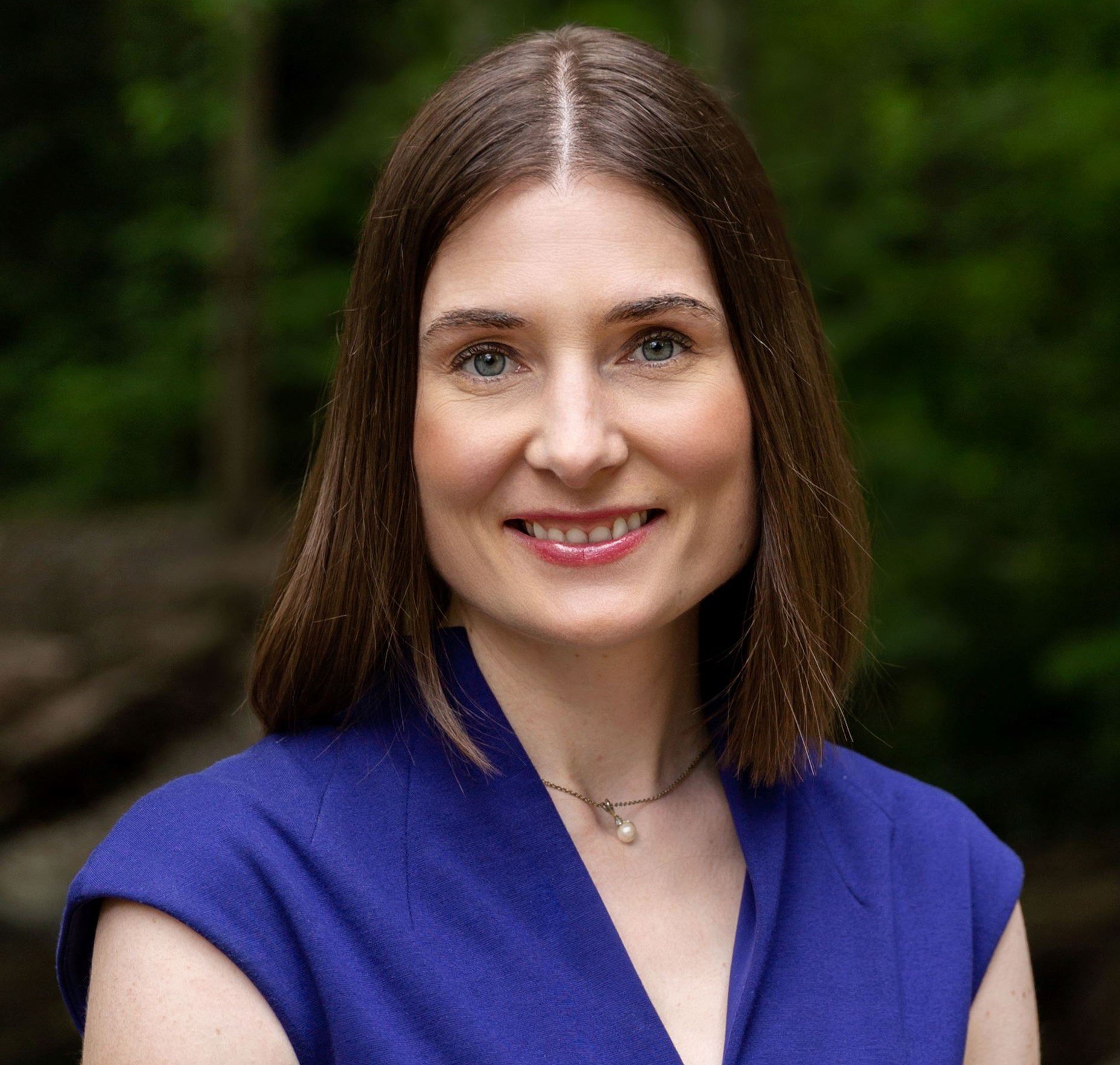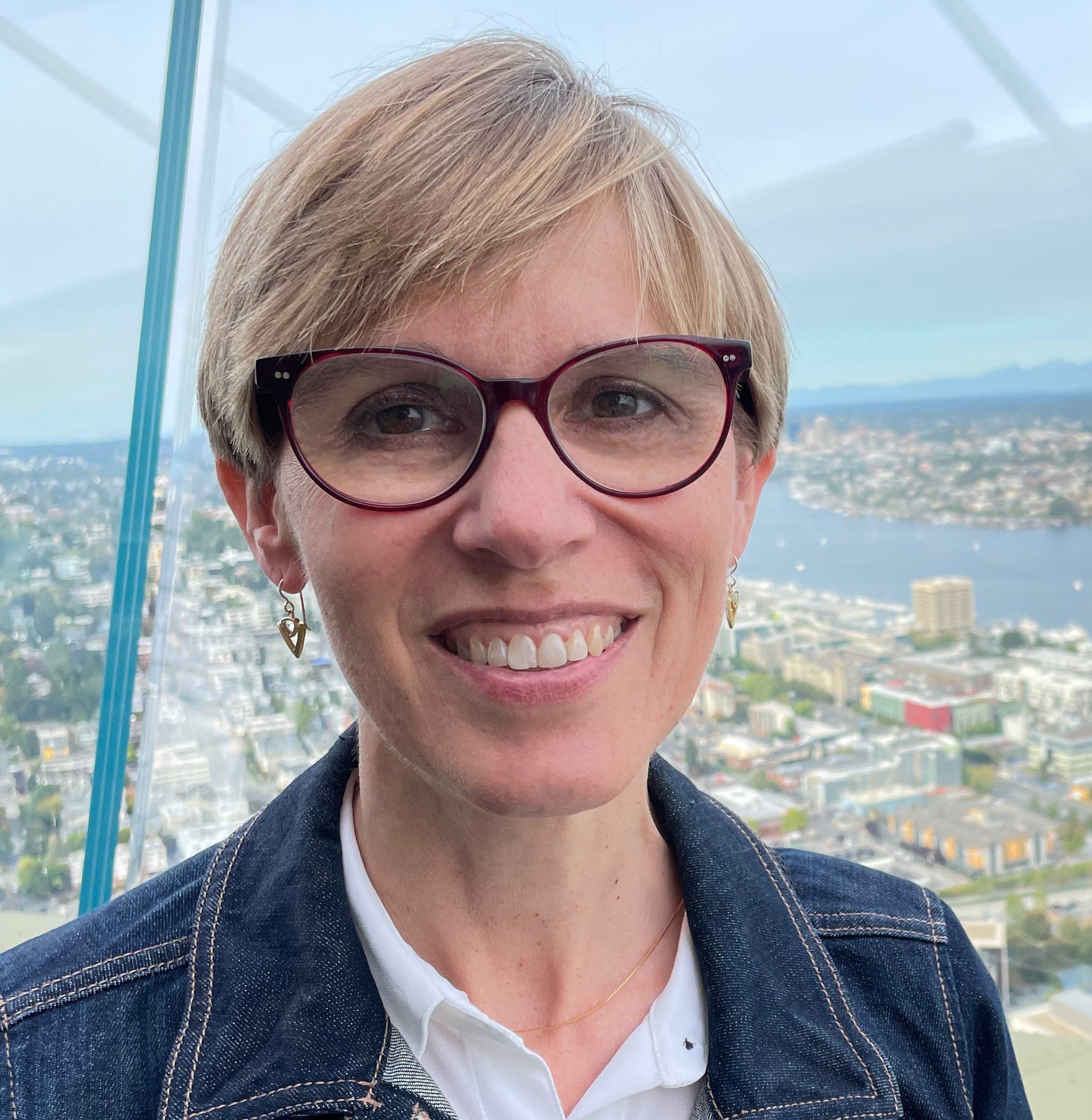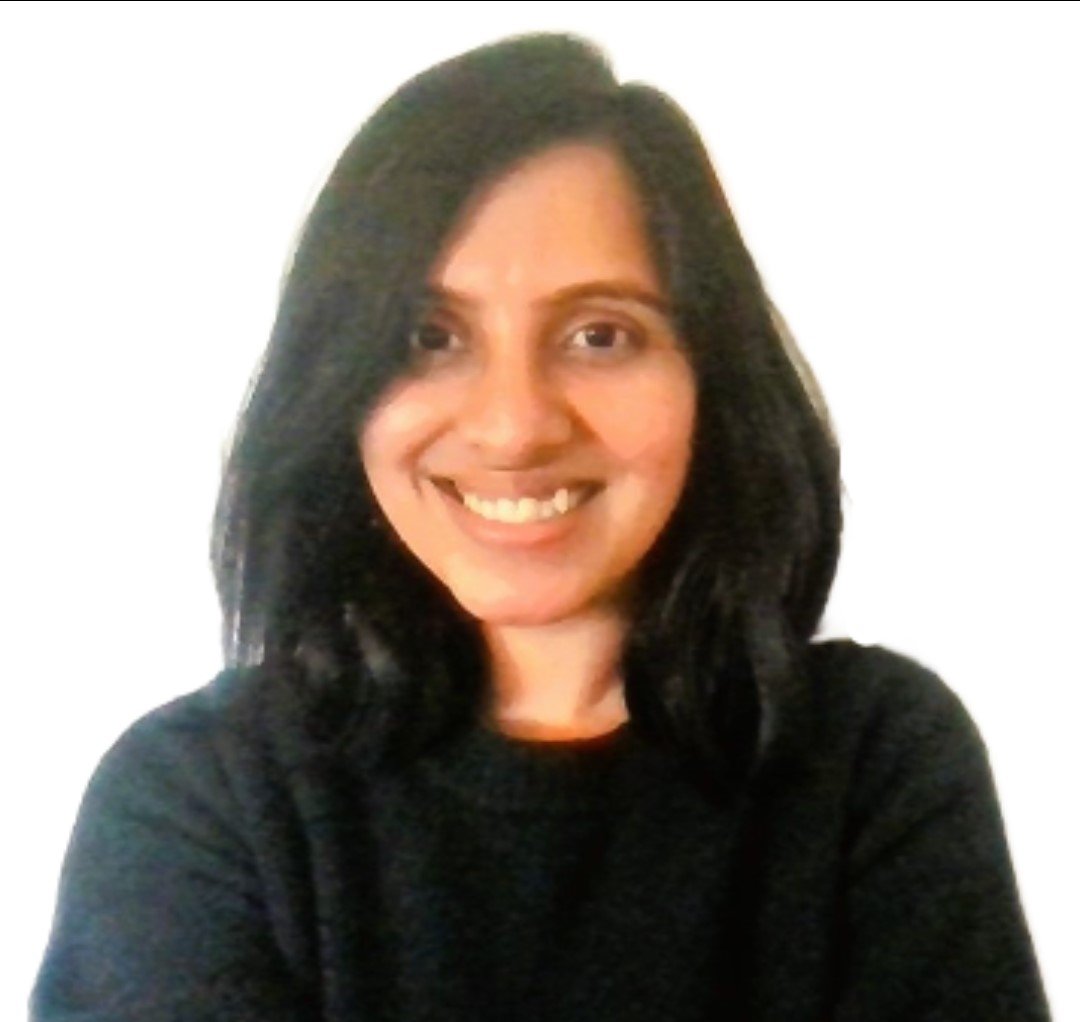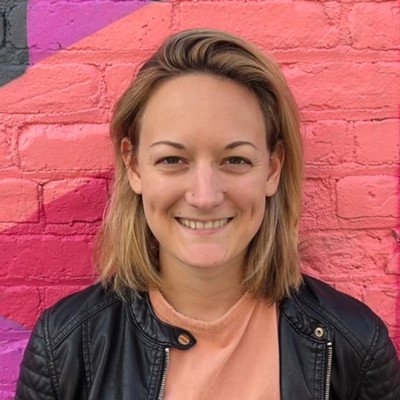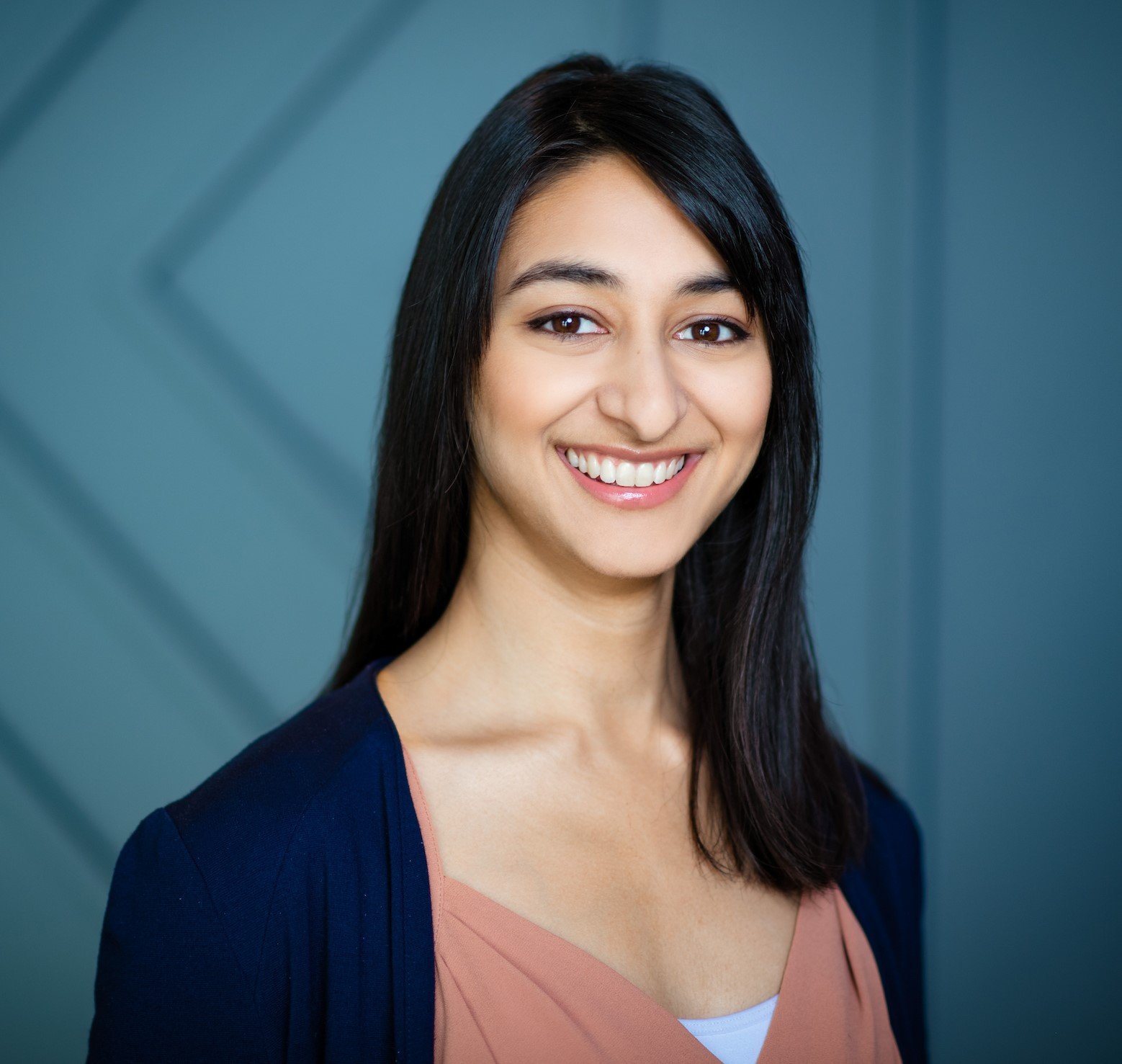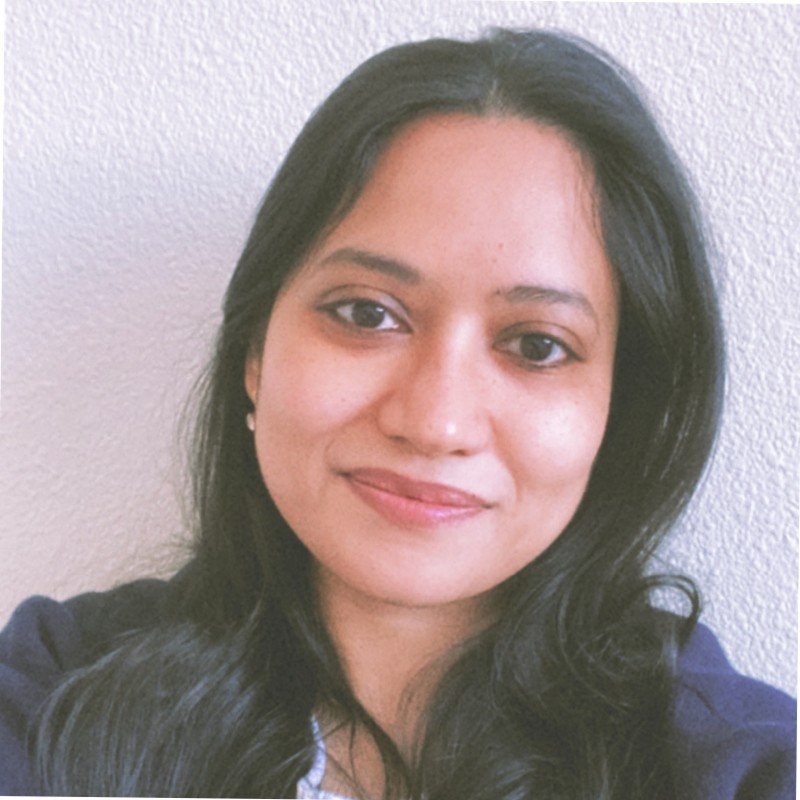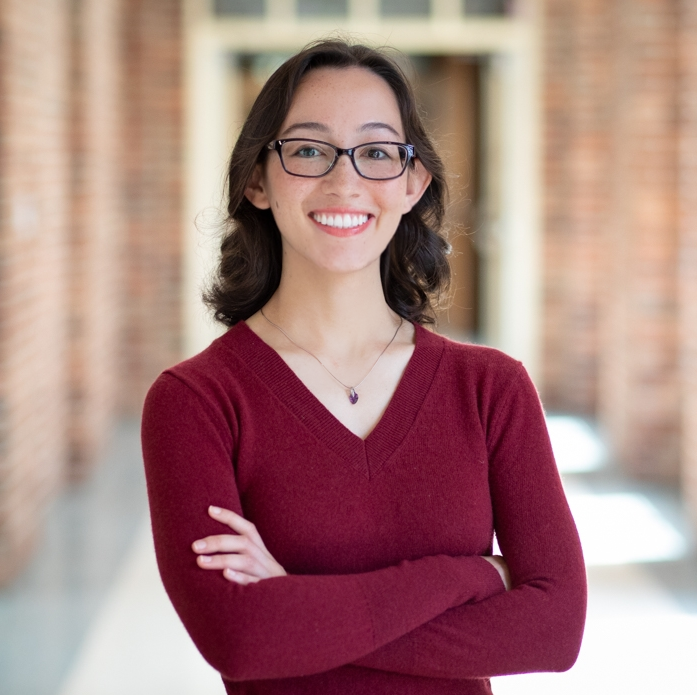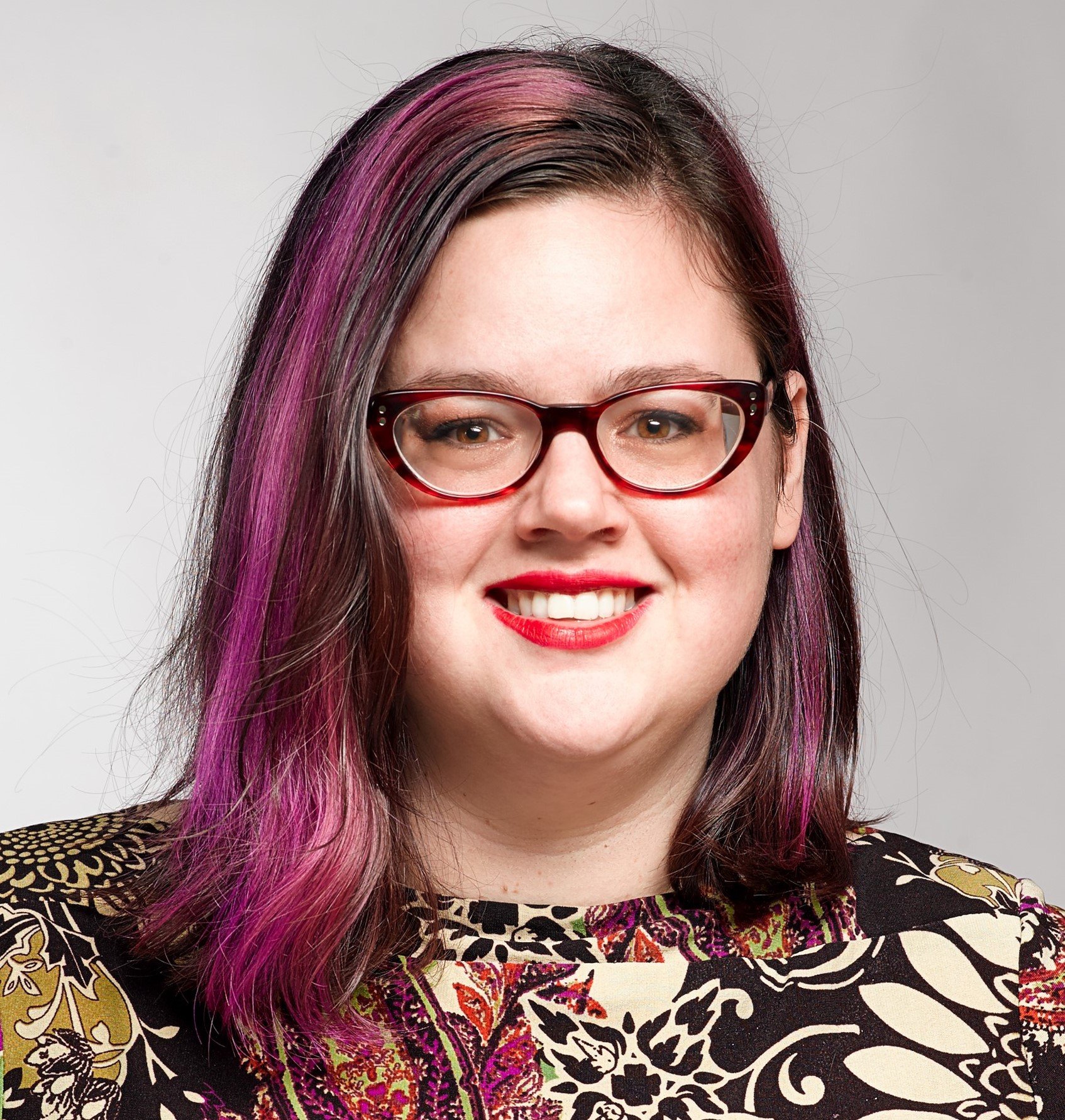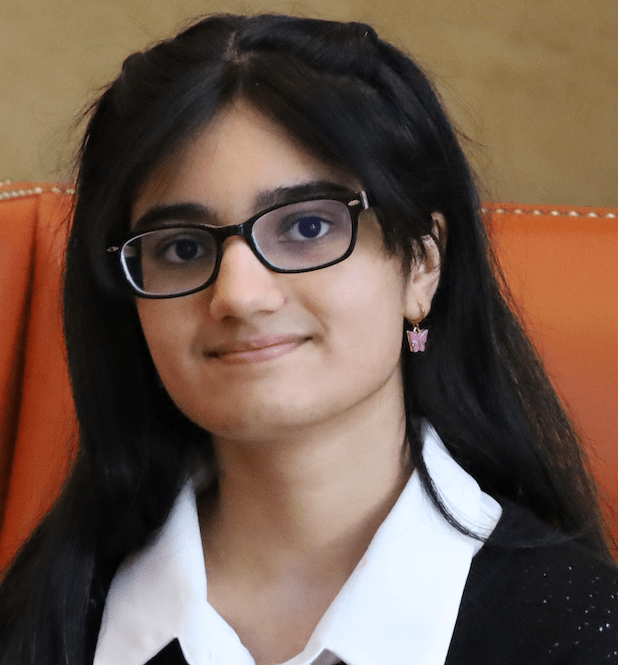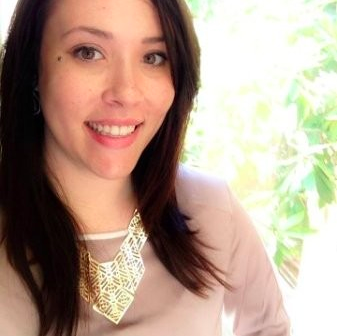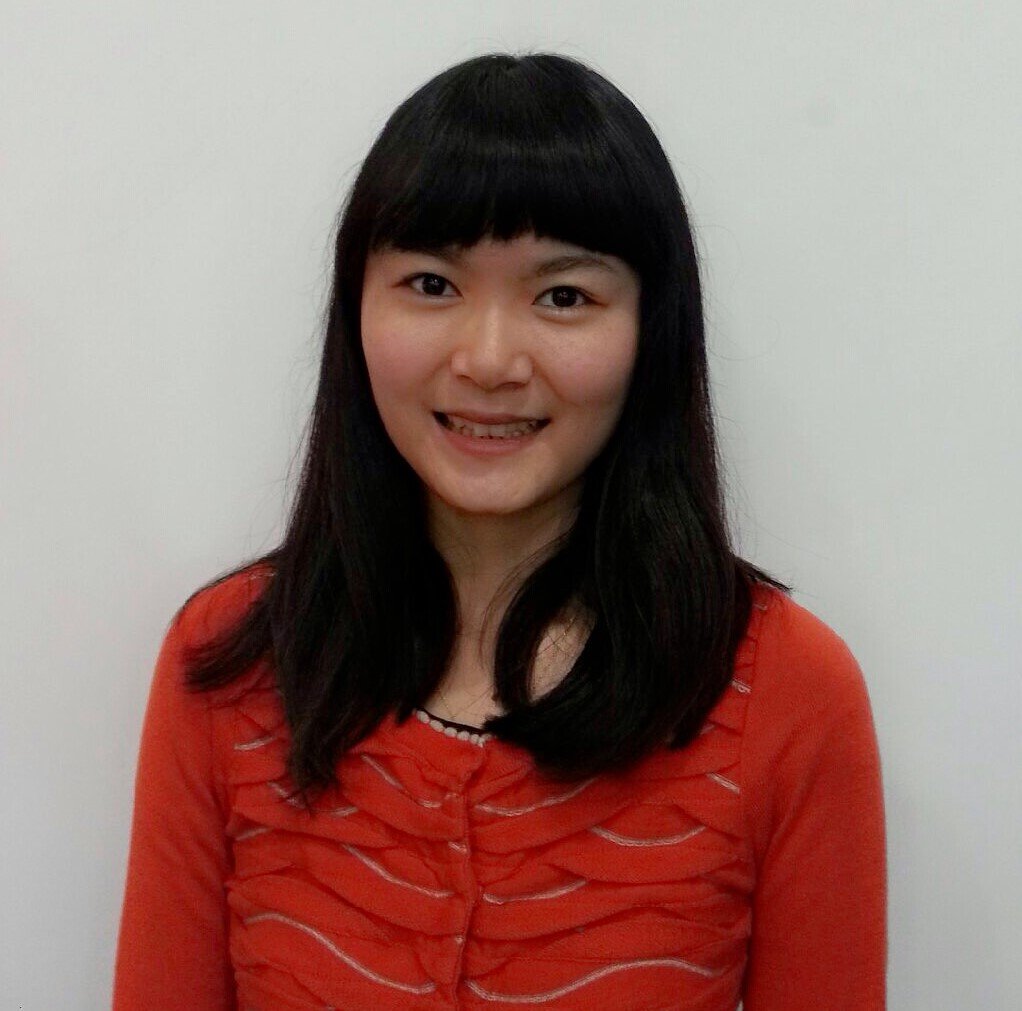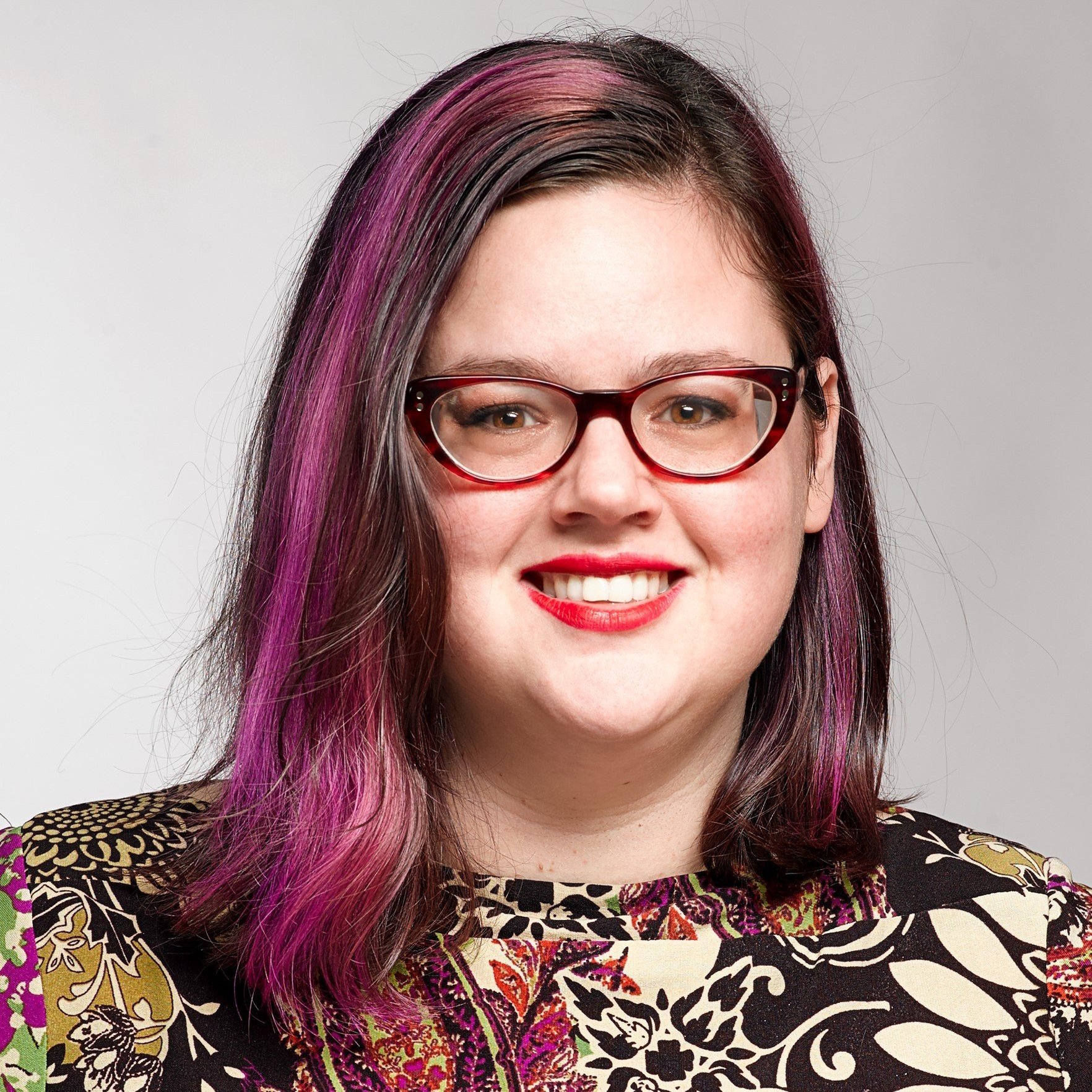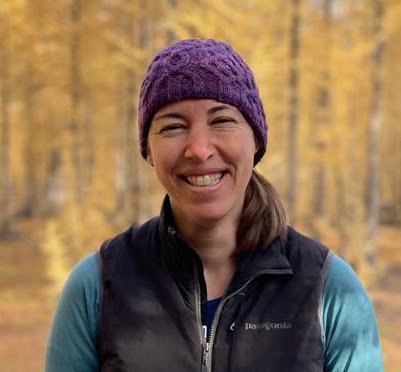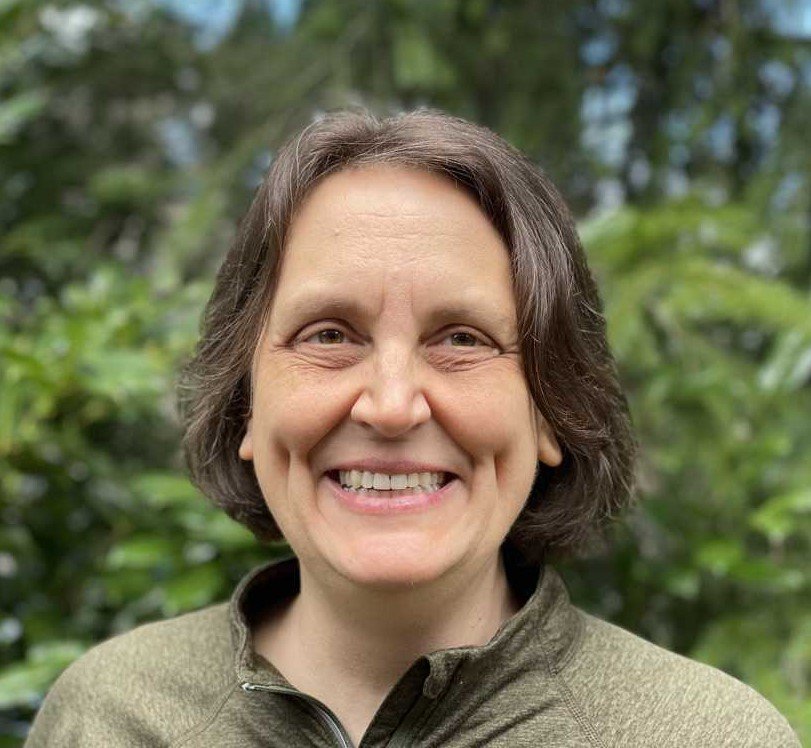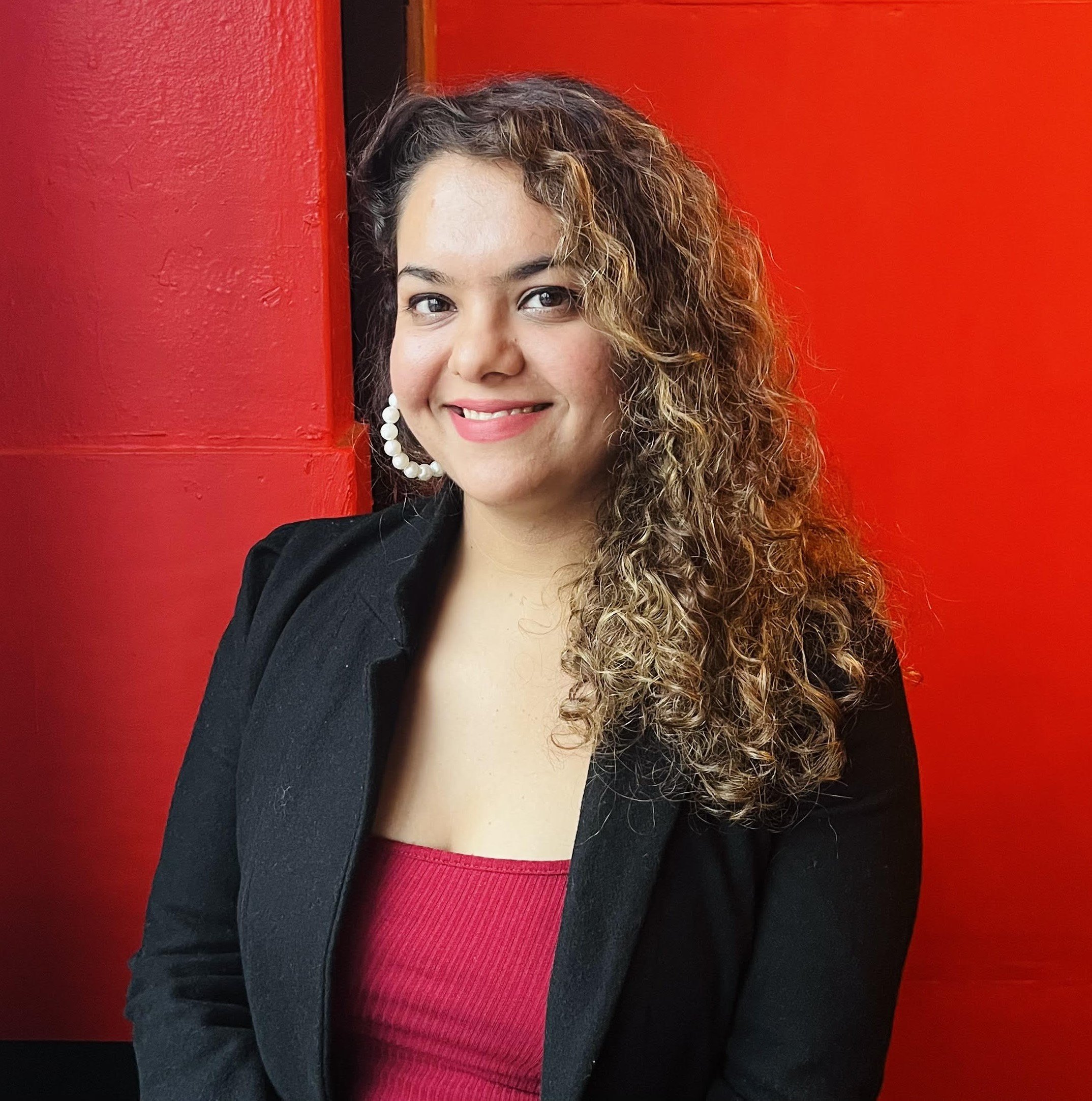Katherine Ostbye, MPH
Director, Enterprise Data Science and Machine Learning - SEAGEN
Kate Ostbye is the Director of Enterprise Data Science and Machine Learning at Seagen, a global biotechnology company that develops and commercializes transformative cancer therapies, where she leads the strategic investment in AI/ML solutions. She co-leads Seagen’s Data Science community of practice, SeaCode, bringing to light resources and tools for people who solve problems using code; and she also co-leads WIN (Women’s Impact Network), Seagen’s employee resource network focused on leveraging and developing women across the organization. Kate earned her Bachelor of Science in English and Anthropology at the University of Wisconsin, Madison, where she researched neurodegenerative genes in fruit flies, and her Master’s in Public Health focused on Epidemiology and Biostatistics at Johns Hopkins Bloomberg School of Public Health. Her career is centered on improving patients’ lives, spanning academic and industry sponsors, individual contributor to leadership roles, multiple programming languages and applications, and pre-clinical research to late-stage submission trials. She has contributed to PHUSE’s R Package Validation Framework White Paper, CDISC’s HIV Therapeutic Area User Guide v1.0, and the R Consortium’s R Certification Working Group.
10 Ways to Navigate and Enhance Your Next "Unicorn" Data Scientist Application
workshop - katherine ostbye
Data Science is a team sport where varied experiences, trainings and expertise aggregate across individual contributors to innovate and develop solutions. So why is it so hard to articulate what are the Data Scientist roles and responsibilities? Applicants can feel overwhelmed and downright discouraged by job descriptions that scope a broad data science life cycle (e.g. data exploration, data engineering, statistical modelling, and data visualization), expertise across a diverse and evolving data science tech stack, and often times a specialized domain experience relevant to the data of interest. In this workshop I will present 10 strategies that we can apply to decode that job description so that you can apply and interview with confidence.
1. Before you apply, do your homework: List the top skills and responsibilities that you want to learn or leverage in a new role.
2. Now do your extra credit: List the domains, i.e. business or fields of application, that you want to learn or leverage in a new role.
3. Decode the role: Map your goal skills and responsibilities to those presented. Smaller teams with many skills and responsibilities may signal growth opportunities while larger teams with specialist roles may signal advancement in technical skill depth.
4. Decode the domain: Connect your goal domains to the list presented by considering your experience, education and interest.
5. Validate your model: Craft three interview questions that you need answered to determine if there is the right assumed opportunity based on your decoding.
6. Validate your application: Craft three connections that you want to highlight in your application through your resume and/or cover letter.
7. Network for feedback: Leverage your network by crafting an elevator pitch about why you think you're great for this role. List three people whom you can share your pitch with: one who can give you honest but tough feedback, one who can knows your strengths, and one who may know the role.
8. Background Research: What's missing from the job description that is still very important to you? Get early intel on things like benefits and company culture through tools such as Glassdoor and LinkedIn.
9. Understand the Customer: Once you've applied, you'll likely have a chance to find out who is the hiring manage and maybe even who is on the interview panel. Craft questions for each panelist that you can identify.
10. Prep your interview: See the structure, organize your strategy for any technical sessions, and review the STAR method for answering behavioral questions.
Find the right Data Scientist role for YOU by focusing first on what you have to offer and what you want in a next role. Then check your assumptions and call out your capabilities. Leverage your network and tools to gather insights that aren't on the job description. Finally, customize your questions and response style to the format and participants of the interview loop.





